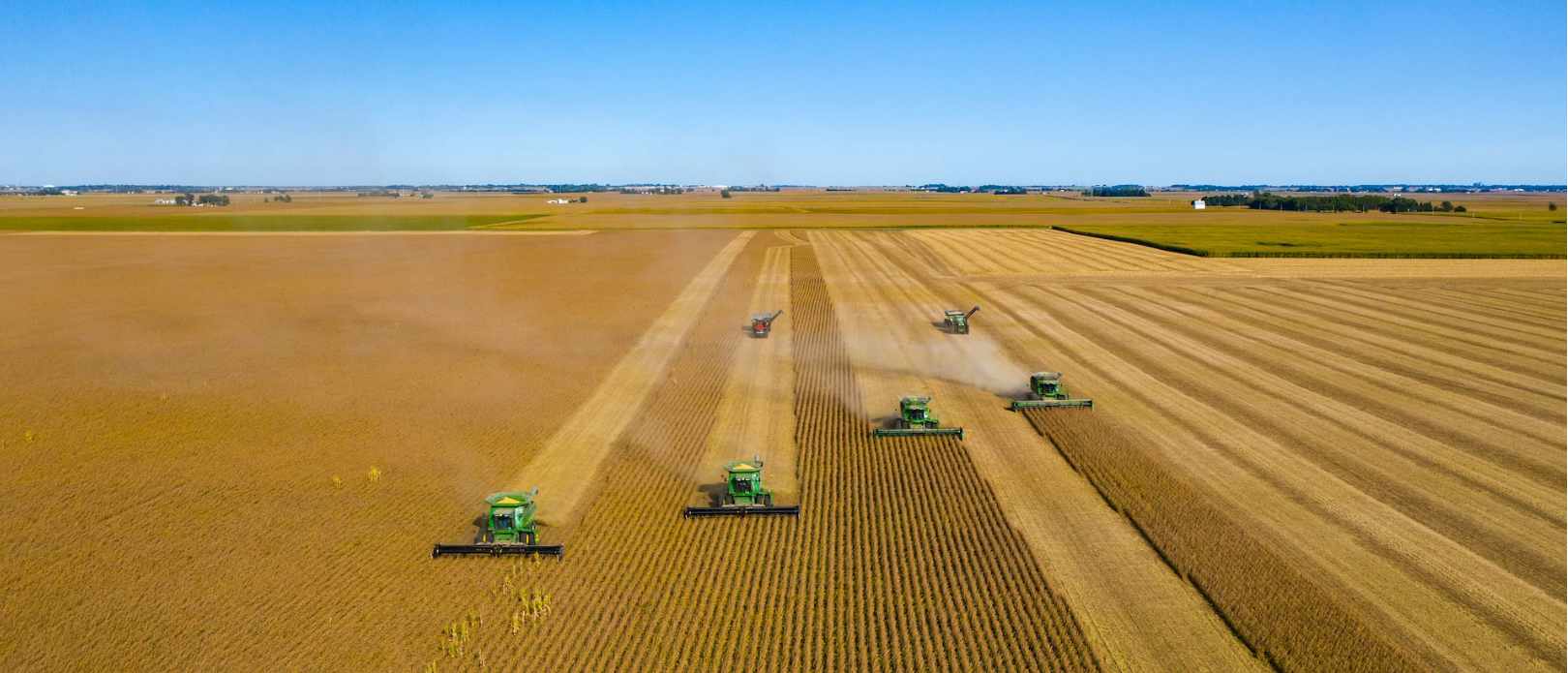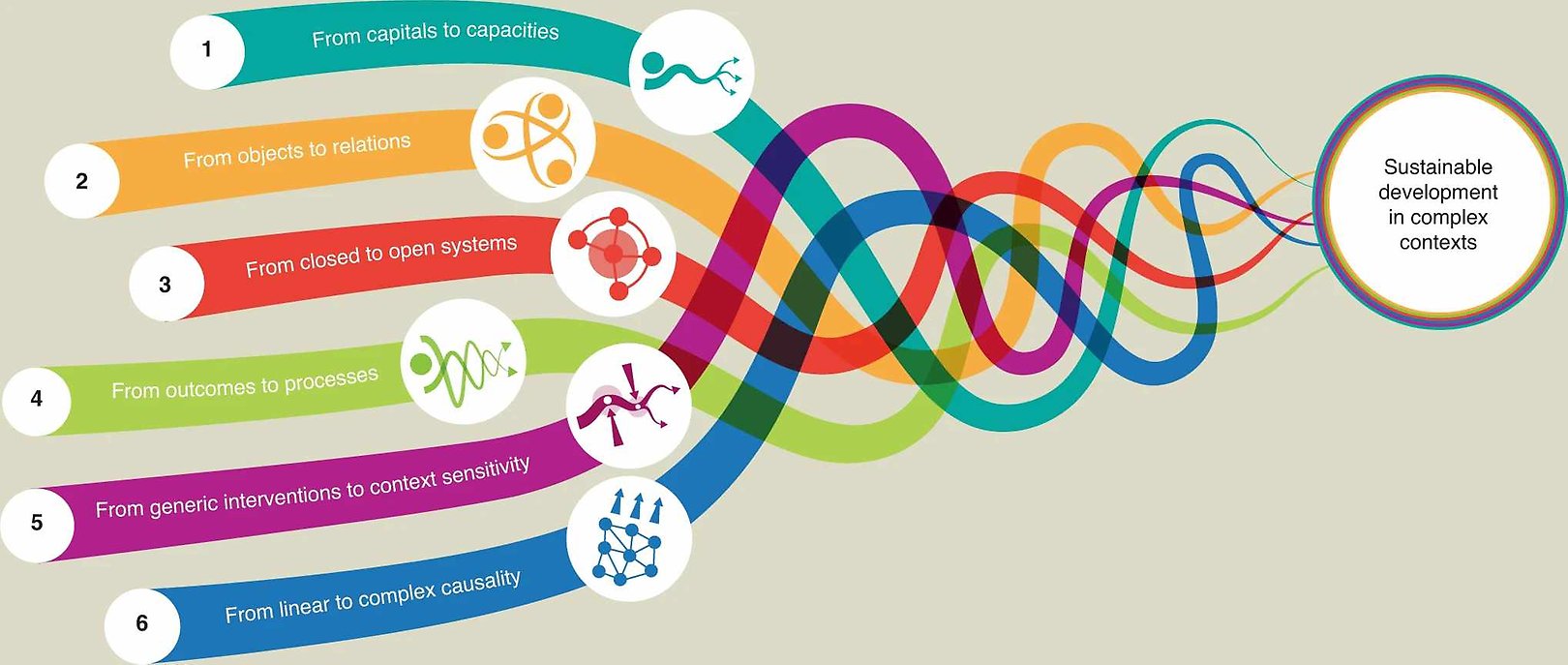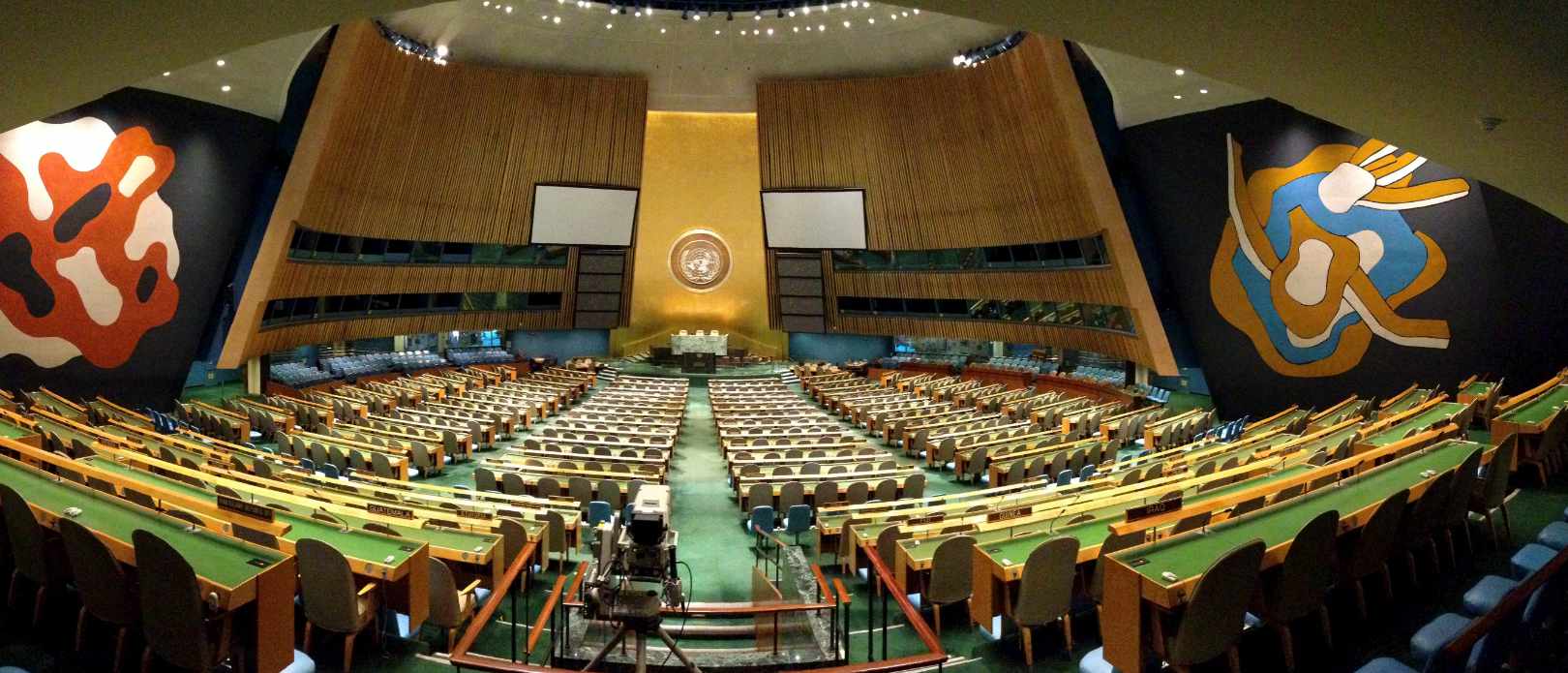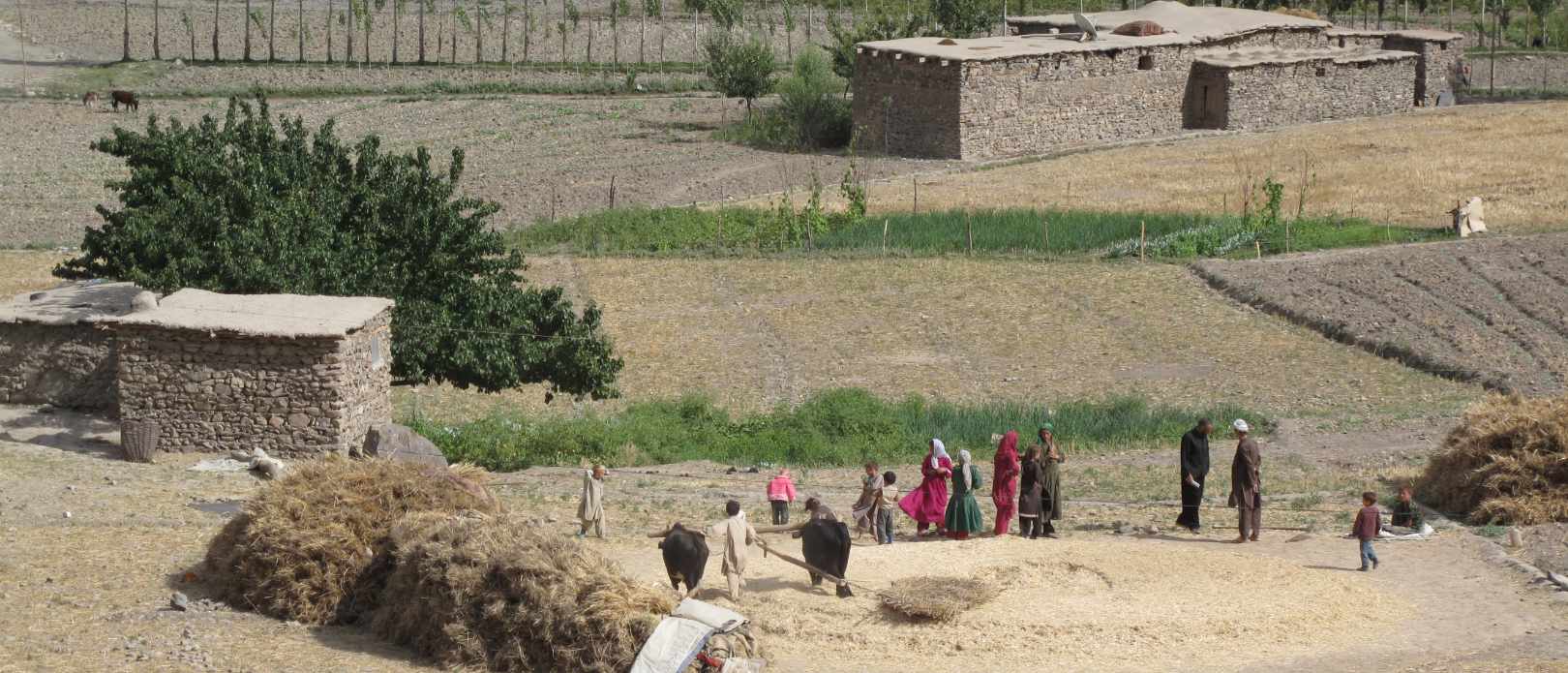Complex systems
Six ways resilience science can help shift sustainable development practice

Centre researchers have looked into the past decade’s widespread application of resilience science in sustainable development practice. Rethinking sustainable development is needed more than ever as the world gears up for the UN’s ‘Decade of Action’ to achieve the Agenda 2030. Photo: J. Baltz/Unsplash
Currently a substantial gap between what resilience science suggests the focus and approach should be and what is implemented in practice
• Four centre researchers have looked into the past decade’s widespread application of resilience science in sustainable development practice
• Several innovative practices in using resilience to reshape sustainable development were highlighted, but…
• A substantial gap still exists between what resilience science suggests for dealing with complex systems and how this is implemented in practice
Can resilience science create new understanding and actions that are distinguishable from mainstream sustainable development practice? This question was recently explored in a study by centre researchers Belinda Reyers, Michele-Lee Moore, Jamila Haider and Maja Schlüter.
The paper was published in Nature Sustainability.
“Worryingly, we found strong evidence of a substantial gap between what resilience science suggests the focus and approach should be when engaging in complex systems and how this is implemented in practice,” they write.
Shortcomings and real progress
Their study focused on the past decade’s large international resilience programmes and covered more than 40 reviews, six continents and a range of sustainable development sectors.
Apart from the shortcomings, they also saw some real progress, with sustainable development practice having shifted from “purely describing assets to acknowledging the importance of the capacities of a household, a community or regions to persist, adapt or transform in response to or anticipation of changes.”
Six desirable shifts in practice that could further move sustainable development away from commonly used linear approaches to resilience-based ones were identified.
1. Capitals to capacities: From a focus on human and natural capital (e.g., education and natural resources) to an understanding of the dynamic capacities that shape people’s responses to change (e.g., learning and reflexivity).
2. Objects to relations: From a focus on independent objects (e.g., number of cattle and households) to the dynamic relationships between social and ecological objects (e.g., ties within social networks of households learning from each other and responding to changes in cattle behaviour and ecology).
3. Closed to open systems: Shifting the perception, from static to more fluid system boundaries, in order to better understand the current globalized situation where local systems are increasingly affected by remote systems.
4. Outcomes to processes: Moving from fixed outcomes, as a particular level of household income or extent of nature reserves, to a more process-oriented view of how different development pathways emerge, are maintained or shifted.
5. Generic interventions to context sensitivity: Instead of blueprints and best practices, sustainable development practice should focus on how a specific problem is created or perpetuated by relationships of a given context.
6. Linear to complex causality: From assumptions of linear cause–effect relationships towards a better inclusion of social, ecological and political complexities in e.g., monitoring and evaluation of development projects.

Needed more than ever
Many aspects of the six shifts are still proving challenging in practice, the authors conclude.
For example, most large international programmes continue to focus on capitals, objects, outcomes and generic interventions, often at local and bounded scales, with linear assumptions of causality.
However, the authors also remind that making these shifts is not implausible, given the examples of progress they identified.
Moreover, the shift to embracing complexity and rethinking sustainable development is needed more than ever as the world gears up for the UN’s ‘Decade of Action’ to achieve the Agenda 2030.
Read The contributions of resilience to reshaping sustainable development
Reyers, B., Moore, ML., Haider, L.J. et al. 2022. The contributions of resilience to reshaping sustainable development. Nat Sustain 5, 657–664 https://doi.org/10.1038/s41893-022-00889-6








